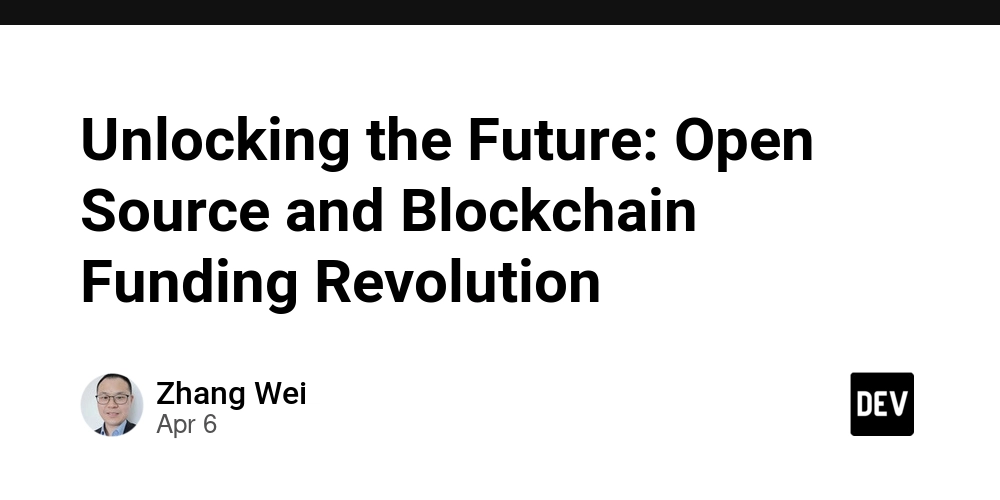Challenges in the UK Life Sciences Sector and the Role of Closeup CRM
The UK life sciences sector, once a global leader in pharmaceutical research and development, is now facing significant investment risks due to an increasingly challenging commercial environment. Industry leaders, including executives from Johnson & Johnson, GSK, Pfizer, and AstraZeneca, have criticized the UK for its unfavorable market conditions, which make it difficult to recognize and reward innovation. Key Issues Affecting Investment: Voluntary Scheme for Branded Medicines (VPAG): This pricing agreement imposes high rebate rates on branded drug sales, increasing from 5% in 2021 to 26.5% in 2023. Executives argue that this system is unsustainable and discourages pharmaceutical companies from investing in the UK. Innovation Recognition Issues: Major companies claim the UK is slow to adopt and reimburse new medicines, making it an unattractive market for launching innovative treatments. Compared to other European markets, the UK offers lower financial incentives for R&D investments. Potential Impact on the UK Economy: The UK government has been urged to revise its policies to prevent pharmaceutical companies from moving operations elsewhere. Failure to do so could lead to fewer clinical trials, job losses, and a decline in the UK’s status as a global leader in life sciences. The Role of Closeup CRM in Pharmaceutical Sales and Investment In the face of these challenges, pharmaceutical companies in the UK are turning to advanced Customer Relationship Management (CRM) solutions like Closeup CRM to streamline operations, enhance sales strategies, and maximize efficiency in the competitive market. 1. Data-Driven Decision-Making Closeup CRM enables pharmaceutical companies to leverage real-time analytics to understand market trends, customer behaviors, and sales performance. In a highly regulated market like the UK, data-driven insights are essential for optimizing pricing strategies and improving drug accessibility. 2. Enhancing Salesforce Efficiency With the uncertainty surrounding drug pricing and market sustainability, pharmaceutical sales teams must maximize engagement with healthcare professionals (HCPs). Closeup CRM provides: Automated scheduling for sales representatives to improve doctor interactions. Detailed tracking of customer interactions to ensure compliance with evolving regulations. Integrated AI-driven recommendations for targeting the right healthcare professionals. 3. Navigating Regulatory Challenges Given the UK’s complex regulatory landscape, Closeup CRM helps pharmaceutical companies stay compliant with: Real-time monitoring of industry regulations and automated alerts. Custom reporting tools that simplify compliance documentation for VPAG and other policies. Integration with existing enterprise systems, ensuring seamless adherence to industry standards. 4. Strengthening Market Position and ROI Closeup CRM provides valuable insights into sales pipeline efficiency and return on investment (ROI), helping pharmaceutical companies make informed decisions about: Product launches in the UK. Market expansion strategies in response to economic challenges. Customer retention by maintaining strong relationships with healthcare providers. Industry Response & Future Outlook As pharmaceutical companies continue to lobby for policy changes, including a reduction in VPAG rebate rates and better incentives for drug development, leveraging advanced CRM solutions like Closeup CRM could be the key to navigating these challenges. Without significant reforms, the UK risks losing ground to more innovation-friendly markets like the U.S. and Germany. However, technology-driven strategies, backed by CRM insights, can help companies maintain their competitive edge despite the current regulatory climate.

The UK life sciences sector, once a global leader in pharmaceutical research and development, is now facing significant investment risks due to an increasingly challenging commercial environment. Industry leaders, including executives from Johnson & Johnson, GSK, Pfizer, and AstraZeneca, have criticized the UK for its unfavorable market conditions, which make it difficult to recognize and reward innovation.
Key Issues Affecting Investment:
Voluntary Scheme for Branded Medicines (VPAG):
This pricing agreement imposes high rebate rates on branded drug sales, increasing from 5% in 2021 to 26.5% in 2023.
Executives argue that this system is unsustainable and discourages pharmaceutical companies from investing in the UK.
Innovation Recognition Issues:
Major companies claim the UK is slow to adopt and reimburse new medicines, making it an unattractive market for launching innovative treatments.
Compared to other European markets, the UK offers lower financial incentives for R&D investments.
Potential Impact on the UK Economy:
The UK government has been urged to revise its policies to prevent pharmaceutical companies from moving operations elsewhere.
Failure to do so could lead to fewer clinical trials, job losses, and a decline in the UK’s status as a global leader in life sciences.
The Role of Closeup CRM in Pharmaceutical Sales and Investment
In the face of these challenges, pharmaceutical companies in the UK are turning to advanced Customer Relationship Management (CRM) solutions like Closeup CRM to streamline operations, enhance sales strategies, and maximize efficiency in the competitive market.
1. Data-Driven Decision-Making
Closeup CRM enables pharmaceutical companies to leverage real-time analytics to understand market trends, customer behaviors, and sales performance. In a highly regulated market like the UK, data-driven insights are essential for optimizing pricing strategies and improving drug accessibility.
2. Enhancing Salesforce Efficiency
With the uncertainty surrounding drug pricing and market sustainability, pharmaceutical sales teams must maximize engagement with healthcare professionals (HCPs). Closeup CRM provides:
Automated scheduling for sales representatives to improve doctor interactions.
Detailed tracking of customer interactions to ensure compliance with evolving regulations.
Integrated AI-driven recommendations for targeting the right healthcare professionals.
3. Navigating Regulatory Challenges
Given the UK’s complex regulatory landscape, Closeup CRM helps pharmaceutical companies stay compliant with:
Real-time monitoring of industry regulations and automated alerts.
Custom reporting tools that simplify compliance documentation for VPAG and other policies.
Integration with existing enterprise systems, ensuring seamless adherence to industry standards.
4. Strengthening Market Position and ROI
Closeup CRM provides valuable insights into sales pipeline efficiency and return on investment (ROI), helping pharmaceutical companies make informed decisions about:
Product launches in the UK.
Market expansion strategies in response to economic challenges.
Customer retention by maintaining strong relationships with healthcare providers.
Industry Response & Future Outlook
As pharmaceutical companies continue to lobby for policy changes, including a reduction in VPAG rebate rates and better incentives for drug development, leveraging advanced CRM solutions like Closeup CRM could be the key to navigating these challenges.
Without significant reforms, the UK risks losing ground to more innovation-friendly markets like the U.S. and Germany. However, technology-driven strategies, backed by CRM insights, can help companies maintain their competitive edge despite the current regulatory climate.











































































